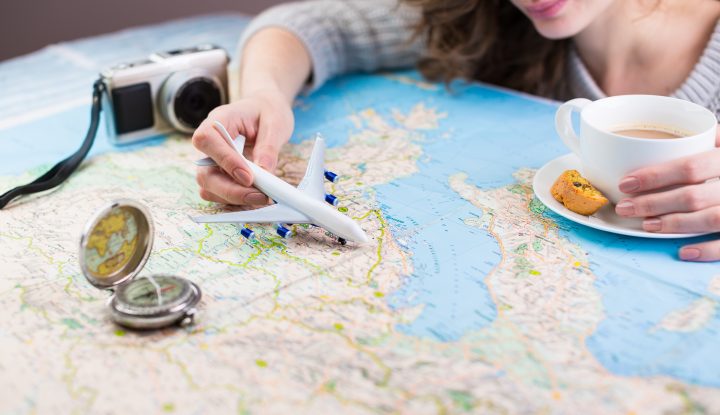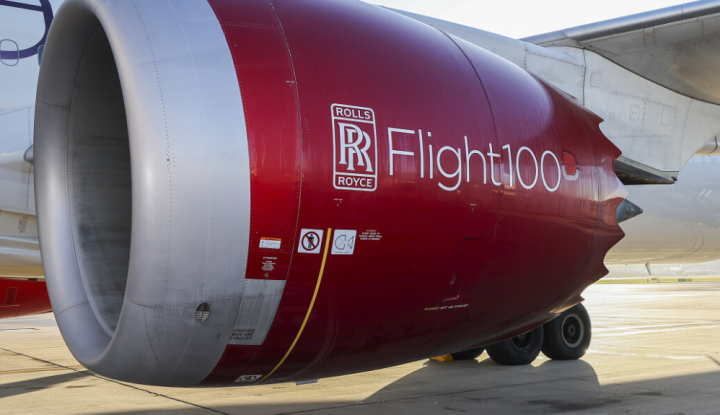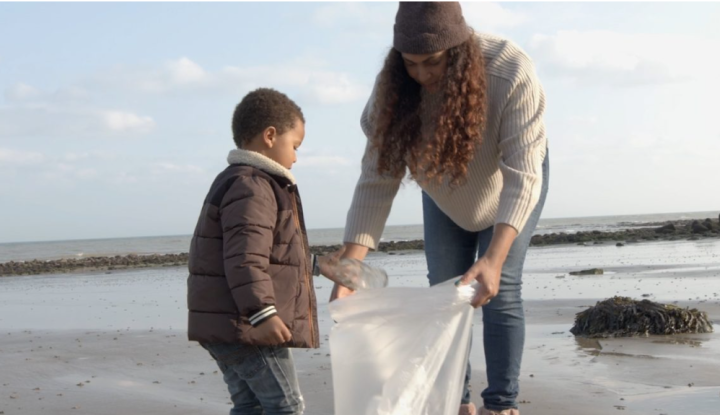Competing in the digital ecosystem
Despite the dominance of Expedia Inc, Priceline Group and Ctrip, there are enough openings and opportunities for travel agents of all shapes and sizes – online, offline and emerging startups – to succeed.
We know that the bigger picture for international travel is positive, with most organisations predicting year-on-year growth into the medium term. At the same time, online travel – which now includes mobile – continues to grow as a proportion of the overall market, even in mature e-commerce regions such as Europe and North America.
“
The connected traveler” is driving this continued online and mobile growth. One constant when it comes to travel today is traveler reliance on, and desire for, connectivity. The mobile phone is no longer an optional accessory for the majority of travelers. Many even tote tablets and laptops as they travel. This creates a complicated web of potential touchpoints for agencies.
Defining connected traveler’s complexities
Agents are aware of the complex and connected nature of the 21st-century traveler. Is a forty-something middle management business traveler “connected” in the same way as a backpacking digital native? Do apps or mobile web convert better than desktop or are they more about service? At what point does targeted messaging cross the line from insightful to intrusive?
The
Connected Traveler paper works to structure this chaos. It provides a cut-out-and-keep guide to the topline issues that need to be addressed by online and offline travel agents, their travel suppliers and their technology partners.
For example, Sabre has identified five demands that the connected traveler places on travel agents. The intensity of the requirement varies according to region, demographic or travel intent. Here are the key areas to address:
- seamless customer experience
- instant research
- consistent customer interactions
- 24/7 service
- video content
4 ways to connect with digital travelers
There are 4 opportunities for travel agents with an online and mobile presence to engage digitally savvy consumers via their preferred channel of interaction:
- increased personalisation and relevance
- engagement through real-time conversations
- optimised omnichannel footfall
- preference-driven offers to maximise yield
Dutch online travel agent
Otravo, the parent company of Vliegtickets and World Ticket Center,
worked with Sabre on a clear plan for innovation and to develop new capabilities for customised travel arrangements. The result – bookings were up 30% year over year, turnover was up 40%.
Travel agents need to be confident that the partner they choose understands travel, travelers and technology – a partner who provides more than just content, instead a true business advocate which understands and invests in meeting the needs and interests of all travel constituents – agents, suppliers and travelers.
Wing On Travel, one of Hong Kong’s leading leisure travel agencies selected Sabre for its professional consulting services and robust technology platform. This has helped the company boost the scalability capabilities of its online platform as well as meet the diverse and changing needs of its travelers. The agency has seen a 30% increase in its website response time and booking volumes have more than doubled.
The
Connected Traveler paper offers recommendations with 7 steps to build an online travel business. Here’s how

To dive into the research,
click here to download the report.
This article originally appeared on Tnooz.
 To dive into the research, click here to download the report.
This article originally appeared on Tnooz.
To dive into the research, click here to download the report.
This article originally appeared on Tnooz. 





